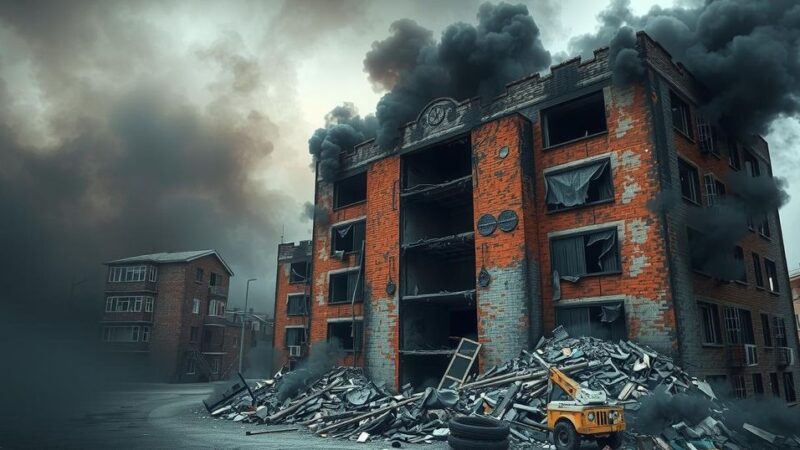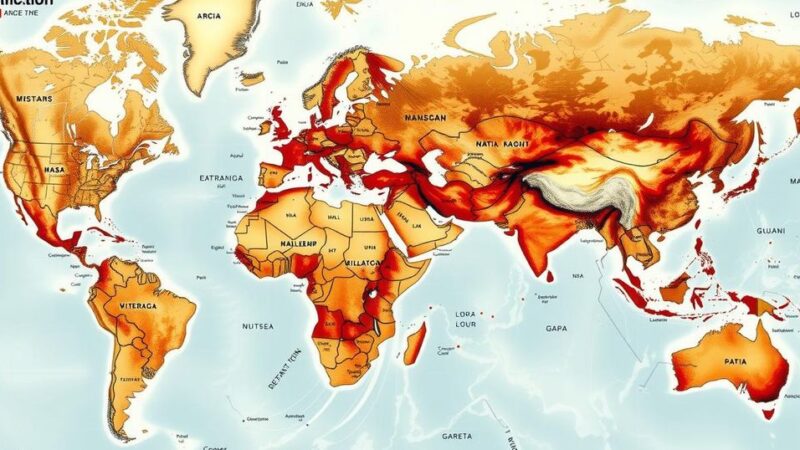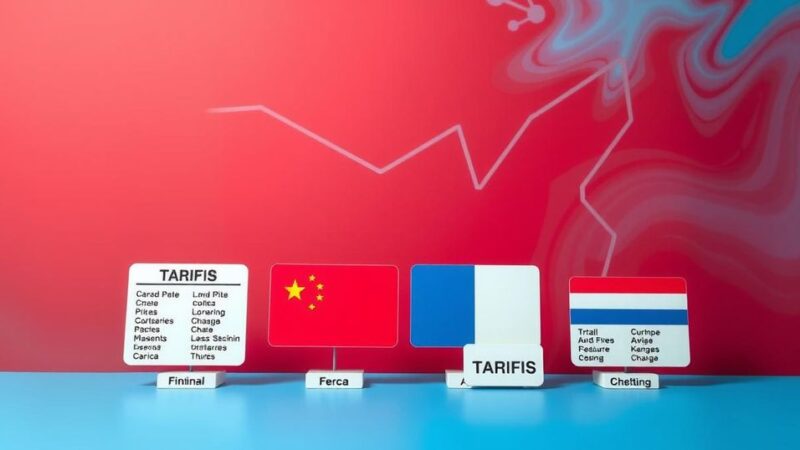Refugees International has raised alarms regarding the treatment of Sudanese refugees in Egypt, advocating for urgent international intervention. Their report outlines how Egypt’s new asylum law exacerbates deportation risks and limits access to essential services. As violence continues in Sudan, calls for diplomatic pressure on Egypt to reform its asylum policies have intensified to safeguard refugee rights.
Refugees International has voiced significant concerns regarding the deteriorating conditions of Sudanese refugees in Egypt, urging immediate international diplomatic action. Their recent report highlights the repercussions of Egypt’s new asylum law, which has resulted in increased risks of deportation, limited access to essential services, and legal uncertainties that threaten the safety of these refugees. The report, entitled “No Model of Refuge,” emphasizes the urgent need for protection against these challenges.
The new asylum law passed in December 2024 has drawn criticism from human rights advocates due to its ambiguous national security provisions. These provisions empower authorities to revoke refugee status and penalize individuals considered to have entered Egypt illegally. Alarmingly, this law was enacted without consulting the UN Refugee Agency or civil society, thereby diminishing essential protections for asylum seekers.
Furthermore, the report from Refugees International reveals numerous instances where Sudanese refugees have been systematically denied crucial services, including healthcare, education, and employment opportunities. Educational institutions catering to Sudanese children have been shuttered, medical facilities have often refused service, and the criteria for obtaining work permits have become exceedingly stringent, hindering refugee-led organizations from providing necessary assistance.
Amnesty International has documented alarming cases of arbitrary detention and forced repatriation of Sudanese refugees under Egyptian authorities. Their findings indicate that many men, women, and children are confined in overcrowded, unsanitary detention centers before being forcibly sent back to Sudan without proper legal procedures. Between January and March 2024, over 800 Sudanese refugees were deported from Egypt without the opportunity to seek asylum, contradicting the 1951 Refugee Convention’s principle of non-refoulement.
The ongoing humanitarian crisis in Sudan has exacerbated the plight of these refugees. Failed mediation efforts between rival military factions, namely the Sudanese Armed Forces and Rapid Support Forces, have perpetuated violence and led to widespread atrocities, including ethnic killings in West Darfur. In response, the UN Security Council has called for an immediate halt to hostilities; however, recent indirect negotiations have proven fruitless.
Refugees International is advocating for urgent international intervention, calling on donor nations to leverage their influence on Egypt to amend its asylum policies. Specifically, they are demanding an immediate cessation of deportations, the reopening of schools for Sudanese children, and the issuance of work permits for Sudanese asylum seekers. Furthermore, they are urging the UNHCR to adopt a firmer position against Egypt’s restrictive measures and to gain access to detention facilities to ensure the humane treatment of Sudanese refugees. The concern remains that Egypt’s current asylum framework may establish a perilous precedent, undermining global refugee protection standards and exacerbating humanitarian challenges for those fleeing conflict in Sudan.
In conclusion, the treatment of Sudanese refugees in Egypt has become a matter of international concern, highlighting the consequences of the new asylum law. The document by Refugees International underscores the need for protective measures against deportation, access to services, and legal rights. As the humanitarian crisis in Sudan persists, it is imperative for the international community and organizations such as the UNHCR to take decisive actions to protect the rights of these vulnerable individuals and ensure their safety.
Original Source: www.jurist.org






